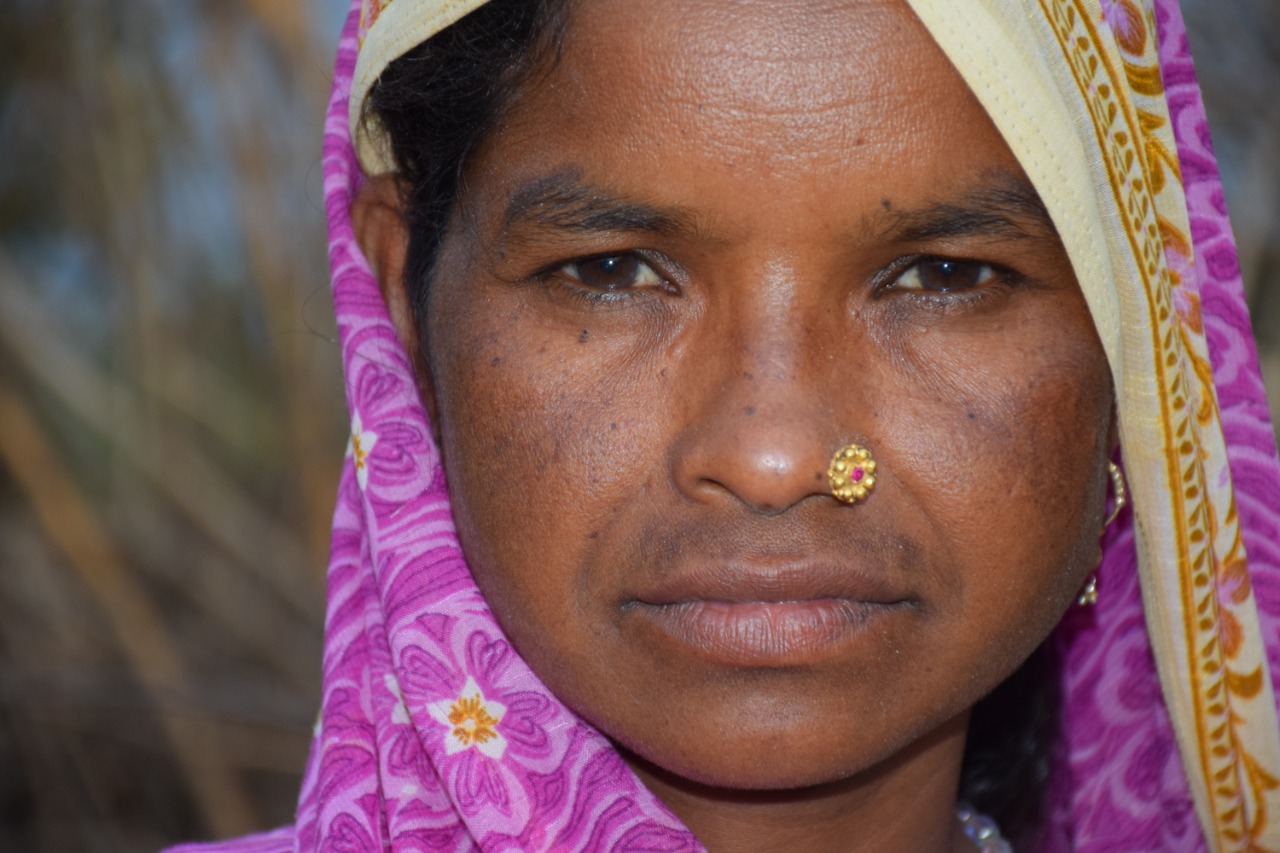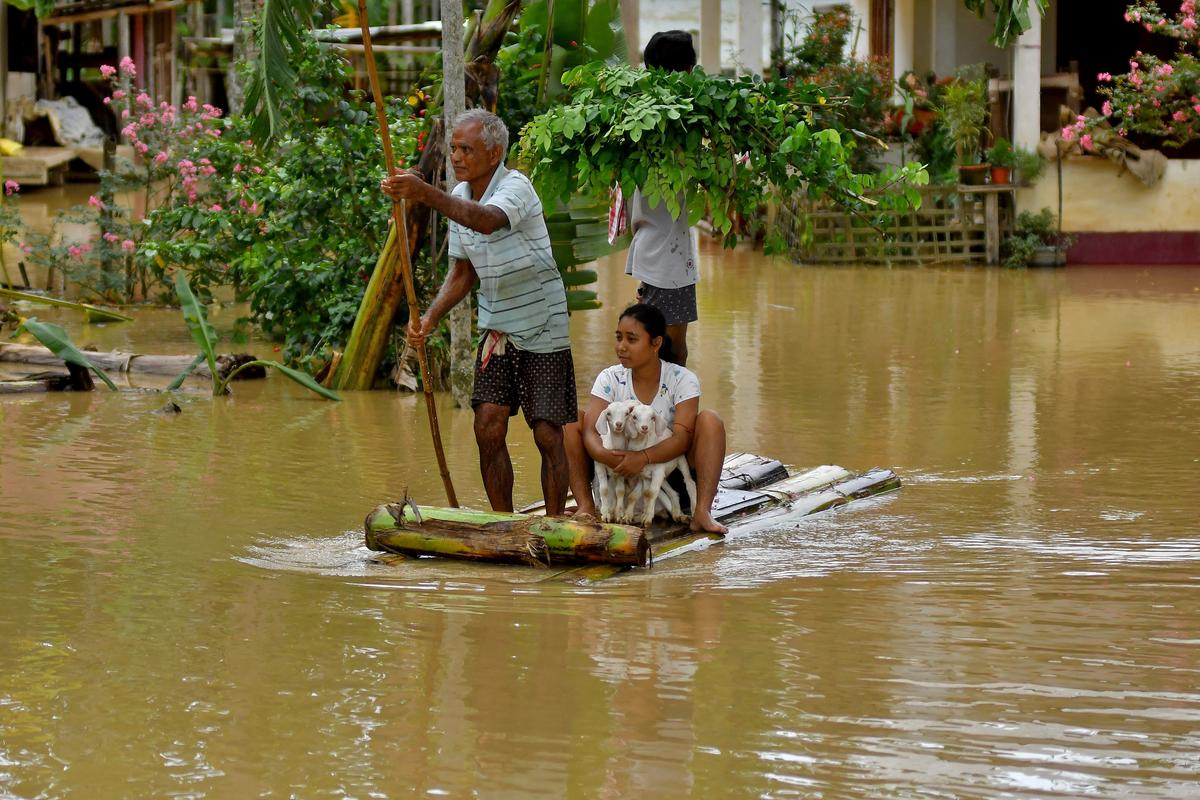CASA BLOGS
Cyclone Amphan: Recounting tales of Horror
“Shob shesh hoye gyalo (Everything is over)”, was the answer that Dipankar Mridha received from his mother after cyclone Amphan ravaged the Sundarbans delta in West Bengal on 20th May, 2020.
Dipankar Mridha is a 22-year-old migrant worker from Jogesganj, Madabkati village in Sundarbans delta, West Bengal. His family is struggling to recover from the destruction that followed after cyclone Amphan ravaged the coastal region.
“The only property my family owned had been annihilated by the cyclonic storm”. Over 300 houses in Dipankar’s village had been destroyed in the space of an hour.
Dipankar had been working as a daily wage labourer in Port Blair in Andaman, 850 miles away from his home, where a total lockdown was imposed on 20th May, 2020 due to the ongoing COVID-19 crisis. This meant he could not find a way to get back to his family who had lost everything and needed him more than ever.
After nearly two months of waiting to reach back to his village, he eventually managed to get a flight home and re-connect with his family. He arrived to his village along with three other returnee migrants and was quarantined in an evacuation shelter. They had to undergo medical test for seven days, leaving them feeling traumatised.
“When I returned to my native village, I became very depressed as I was treated like an outcast. The villagers were not at welcoming as they were completely avoiding me”.
There were no employment opportunities that Dipankar could avail in the area and fishing in the local river was never enough to generate an income for the struggling family.
CASA, along with partner organisation CAID, provided Dipankar’s family with dry ration, non-food items and cooked meals for three days. They were also provided a remuneration amount of rupees 10,000 to rebuild their lives and start afresh.
“I spent the remuneration amount on my father’s medicines, as well as my mother, who is a heart patient and requires regular medicines. The support provided was a blessing in disguise for my family as I can also buy food and bamboo to repair my house that was damaged in the calamity”.
CASA’s IREACH programme has reached out 24,295 individuals with cash support, repairment of shelters, awareness initiatives and water sanitation and hygiene (WASH) activities such as repairing, cleaning and disinfecting deep tube wells, water ponds and repair of toilets.
Cyclone Amphan had ravaged the Sundarbans delta in the midst of a pandemic, affecting the most vulnerable communities of the region. Our collective efforts have the power to bring a change and help the affected in this our of need.
-Written by Pankhuri, Communications Associate, CASA
 Previous Blog Post HOPE IN TIMES OF DESPAIR
Previous Blog Post HOPE IN TIMES OF DESPAIR Hope to survival amidst COVID-19
Hope to survival amidst COVID-19Featured Post

Mental Health Awareness in India: Addressing Key Challenges
8 Nov 2024
Mental health awareness is crucial in India, where millions silently struggle with mental health disorders, including depression, anxiety, and bipolar disorder. Despite growing recognition, India faces unique challenges in effectively addressing mental health issues. The stigma associated with mental illness remains a primary barrier. In Indian society, mental health issues are often misunderstood, leading to […]

Ensuring Girls’ Safety in India: A Path Toward Empowerment
20 Aug 2024
Girls’ safety in India remains a critical issue that has garnered increasing attention over the years. Despite various reforms and efforts from both government and civil society, challenges persist. From street harassment to domestic violence, gender-based discrimination continues to limit the freedom and safety of girls. While significant progress has been made in addressing these […]

The Connection Between Monsoons and Floods in India: An In-Depth Analysis
9 Jul 2024
India, a land of diverse climates and geographical features, relies heavily on the monsoon season for its agricultural and water resources. However, with the benefits of the monsoon rains come significant challenges, particularly in the form of floods. This blog explores the intricate relationship between the monsoon season and flooding in India, providing detailed insights […]


